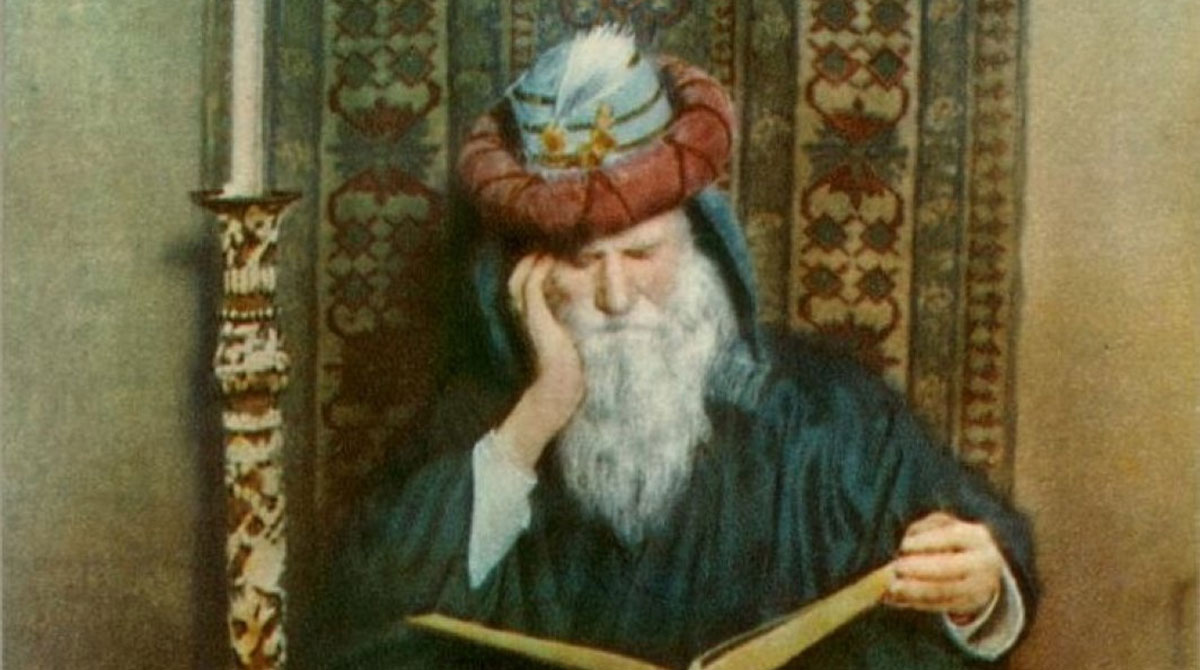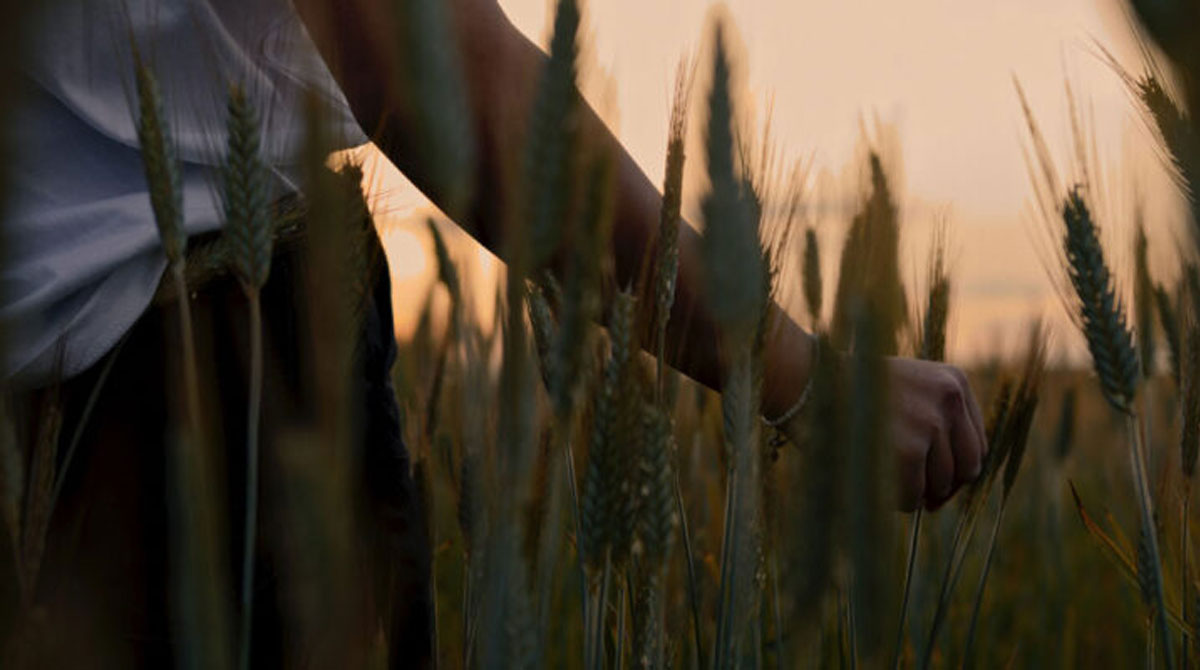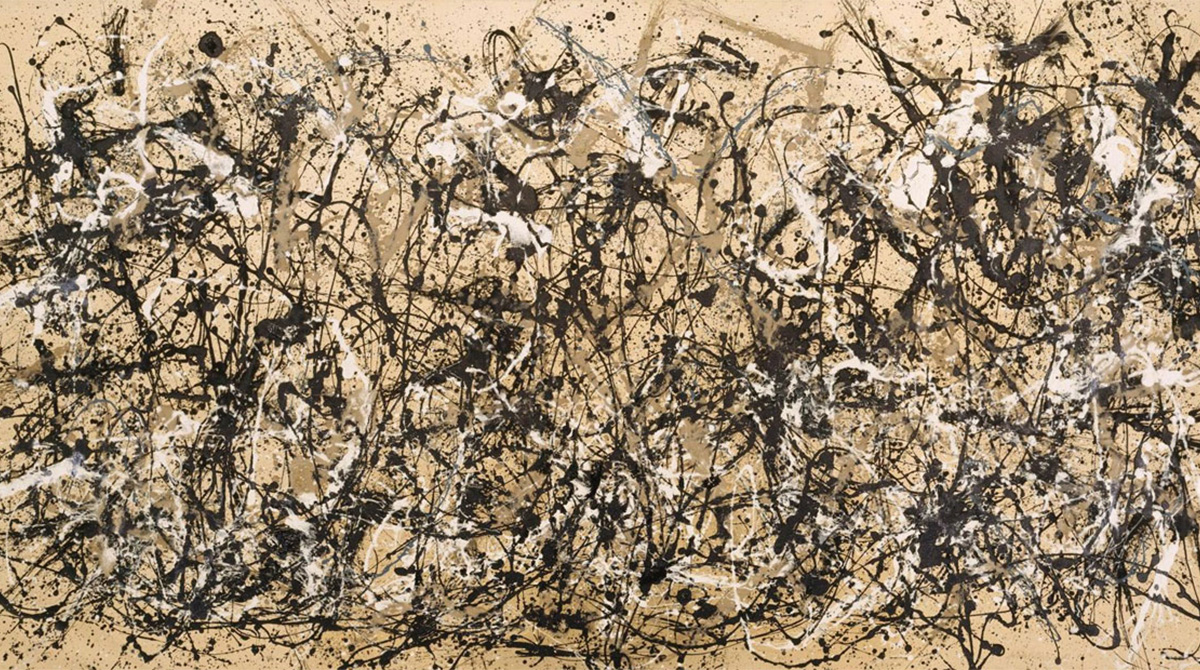Rubáiyát of Omar Khayyám
Born in Nishapur in 1048, Omar Khayyám at a young age he moved to Samarkand and obtained his education there, afterwards he moved to Bukhara and became established as one of the major mathematicians and astronomers of the medieval period. He is the author of one of the most important treatises on algebra written before modern times, the Treatise on Demonstration of Problems of Algebra, which includes a geometric method for solving cubic equations by intersecting a hyperbola with a circle. He contributed to a calendar reform.
His significance as a philosopher and teacher, and his few remaining philosophical works, have not received the same attention as his scientific and poetic writings. Zamakhshari referred to him as “the philosopher of the world”. Many sources have testified that he taught for decades the philosophy of Ibn Sina in Nishapur where Khayyám was born and buried and where his mausoleum today remains a masterpiece of Iranian architecture visited by many people every year.
Outside Iran and Persian speaking countries, Khayyám has had an impact on literature and societies through the translation of his works and popularization by other scholars. The greatest such impact was in English-speaking countries; the English scholar Thomas Hyde (1636–1703) was the first non-Persian to study him. The most influential of all was Edward FitzGerald (1809–83), who made Khayyám the most famous poet of the East in the West through his celebrated translation and adaptations of Khayyám’s rather small number of quatrains (rubaiyaas) in Rubáiyát of Omar Khayyám.
Source: Wikipedia
The Rubáiyát (excerpt)
by Omar Khayyám
translated by Edward Fitzgerald
The Moving Finger writes; and, having writ,
Moves on: nor all thy Piety nor Wit,
Shall lure it back to cancel half a Line,
Nor all thy Tears wash out a Word of it.
But helpless pieces in the game He plays,
Upon this chequer-board of Nights and Days,
He hither and thither moves, and checks … and slays,
Then one by one, back in the Closet lays.
And, as the Cock crew, those who stood before
The Tavern shouted – “Open then the Door!
You know how little time we have to stay,
And once departed, may return no more.”
A Book of Verses underneath the Bough,
A Jug of Wine, a Loaf of Bread–and Thou,
Beside me singing in the Wilderness,
And oh, Wilderness is Paradise enow.
If chance supplied a loaf of white bread,
Two casks of wine and a leg of mutton,
In the corner of a garden with a tulip-cheeked girl,
There’d be enjoyment no Sultan could outdo.
Myself when young did eagerly frequent
Doctor and Saint, and heard great Argument
About it and about: but evermore
Came out of the same Door as in I went.
With them the Seed of Wisdom did I sow,
And with my own hand labour’d it to grow:
And this was all the Harvest that I reap’d –
“I came like Water, and like Wind I go.”
Into this Universe, and why not knowing,
Nor whence, like Water willy-nilly flowing:
And out of it, as Wind along the Waste,
I know not whither, willy-nilly blowing.
And that inverted Bowl we call The Sky,
Whereunder crawling coop’t we live and die,
Lift not thy hands to It for help – for It
Rolls impotently on as Thou or I.
About the Author
Omar Khayyám (1048–1131) was a Persian polymath: philosopher, mathematician, astronomer and poet. He also wrote treatises on mechanics, geography, mineralogy, music, climatology and theology.
This poem is in the public domain.
Image: An illustration of Omar Khayyam by Adelaide Hanscom. (Wikimedia)











Likhon chowdhury says:
Conor says:
Andy Garcia says: